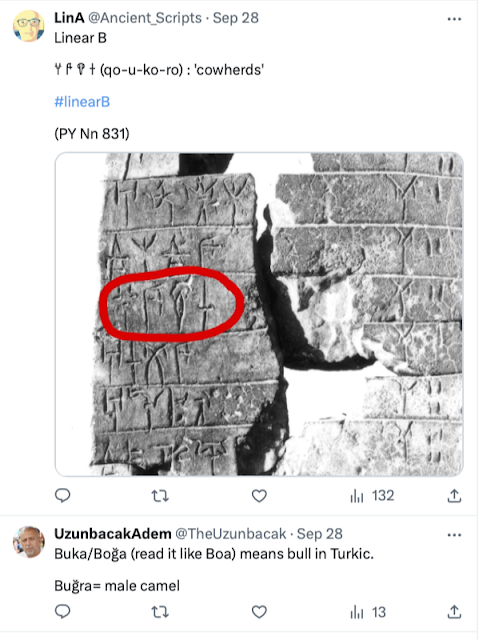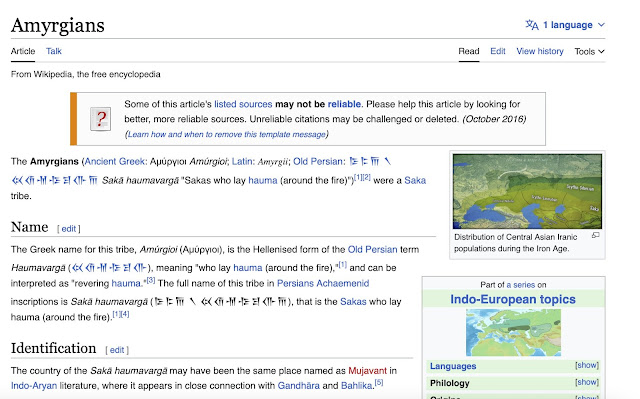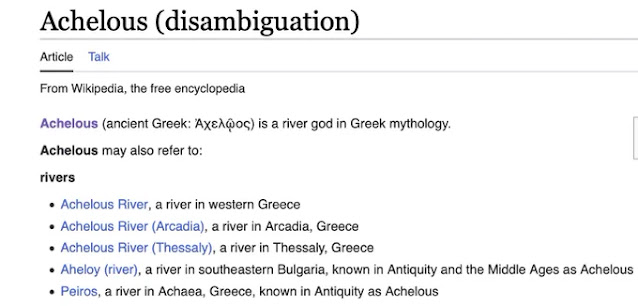Helenlerin atası Hellen’in oğlunun adı AYolos
AYolos’un kızı Kalık (Eski Türkçe GÖK demek) Elis ilinin başbuğu Aethlias ile (Karya’da kutsal) Endymion’u yapar
Endymion da sevgilisi (AY Tanrıçası) Selene ile
AYtolus’u yapar. (AYDOLU)
Alles klar?
*
The name of the son of Hellen, the ancestor of the Hellenes, is AYolos.
AYolos's daughter Kalık (meaning SKY in Old Turkish) creates Endymion (sacred in Caria) with Aethlias, the chief of the province of Elis.
Endymion with his lover (MOON Goddess) Selene
Makes AYtolus.
Alles klar?
*
Clue: AY means in Turkish "the moon".
I have changed the names a bit to show the resemblances between Turkic AY and AI in the original Greek names up.
For the original names from the Greek Mythology, see pic below:
*
Uzunbacak Adem

































